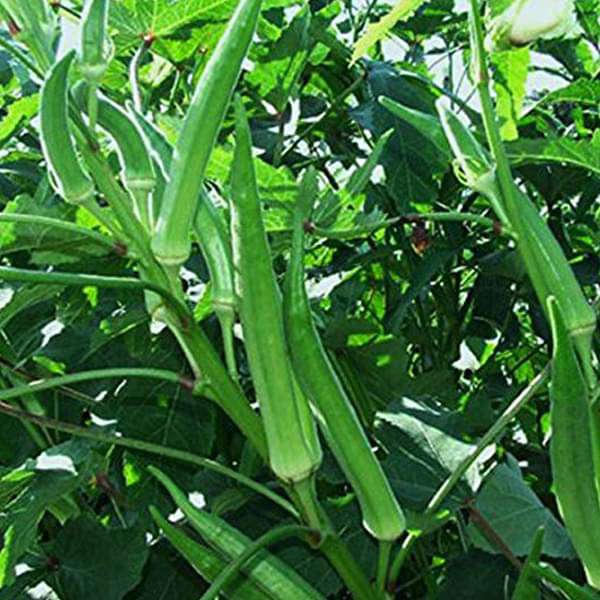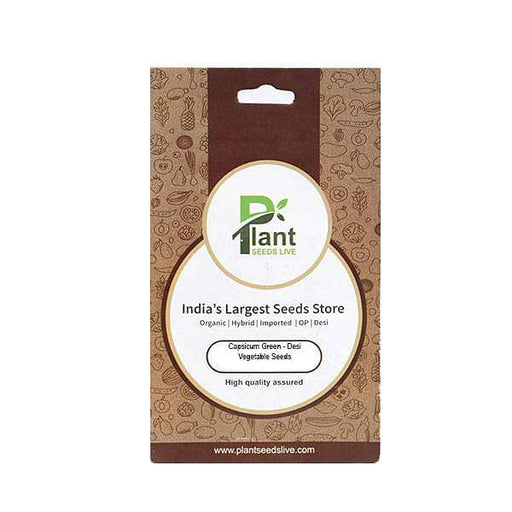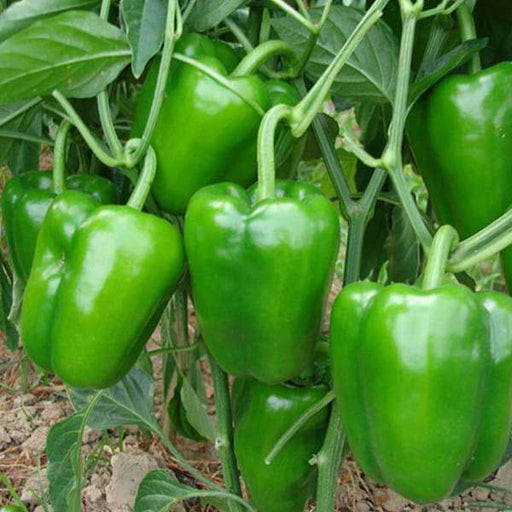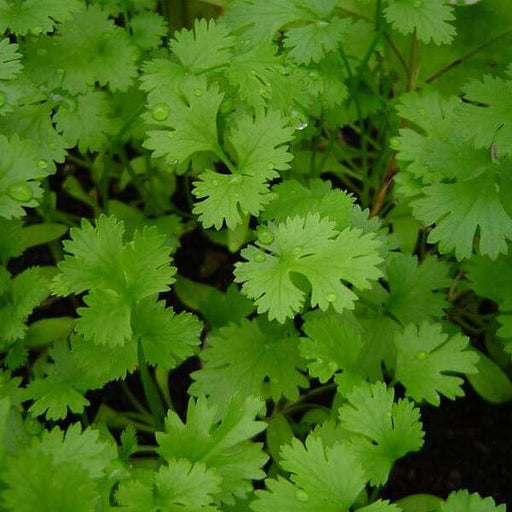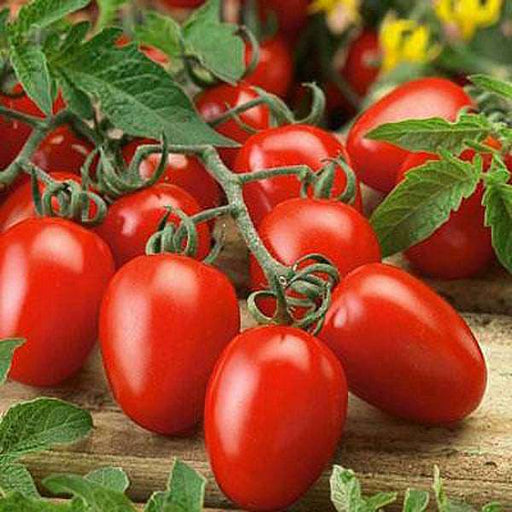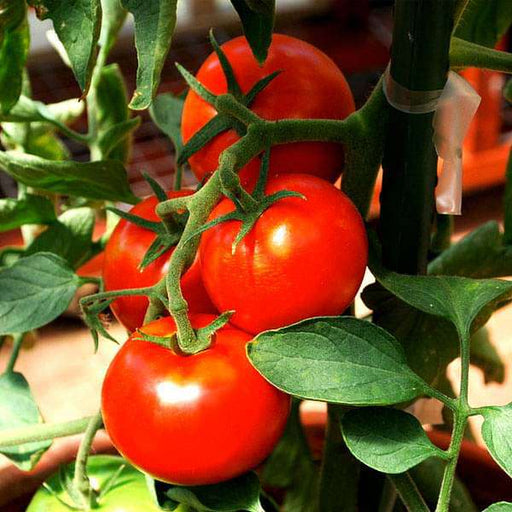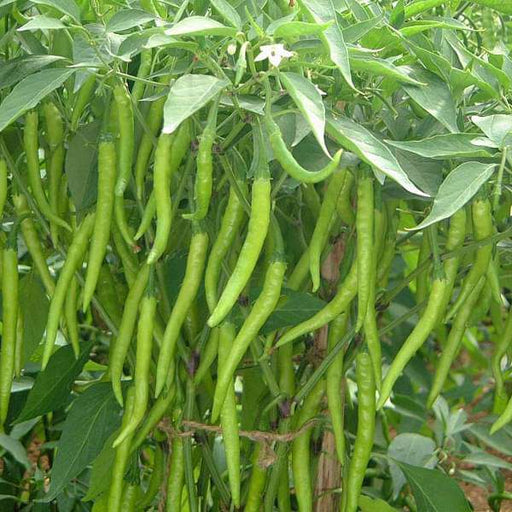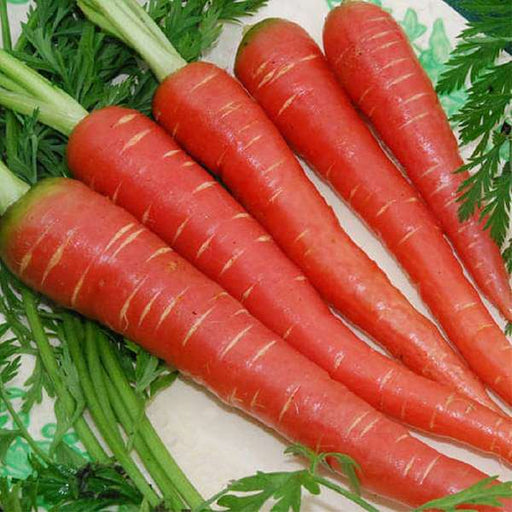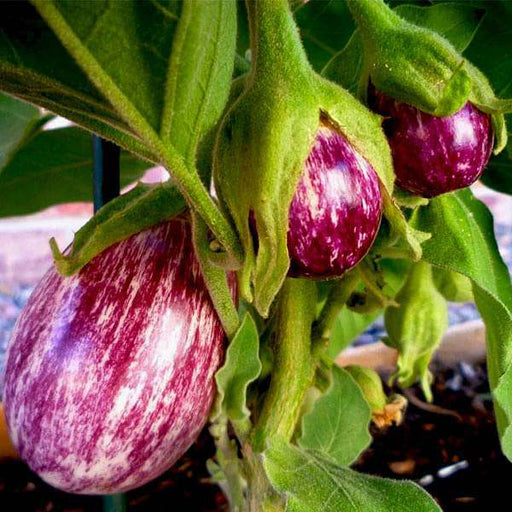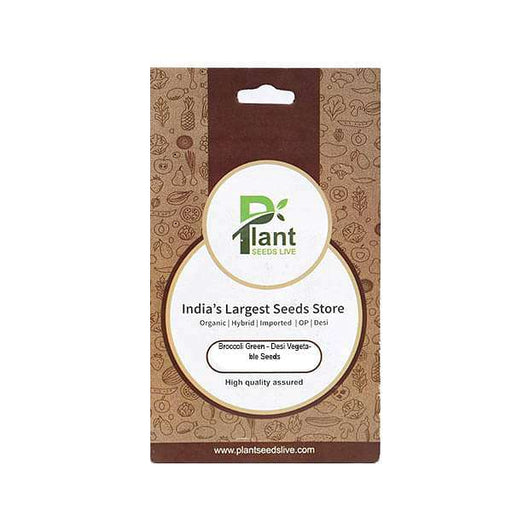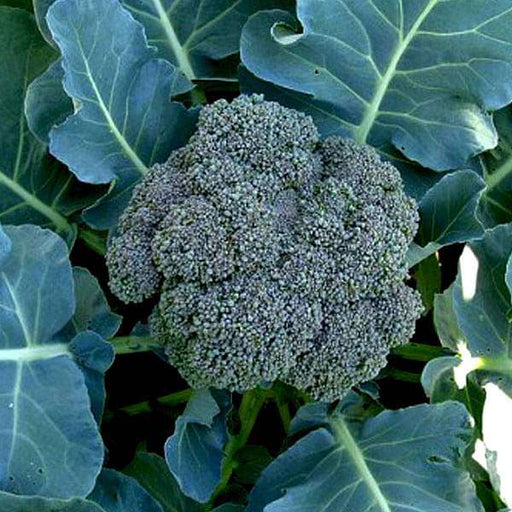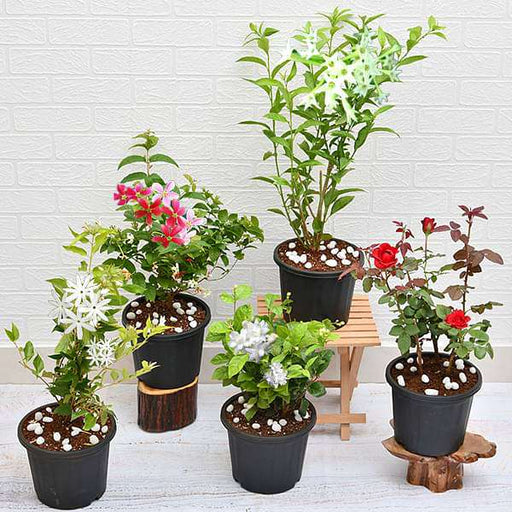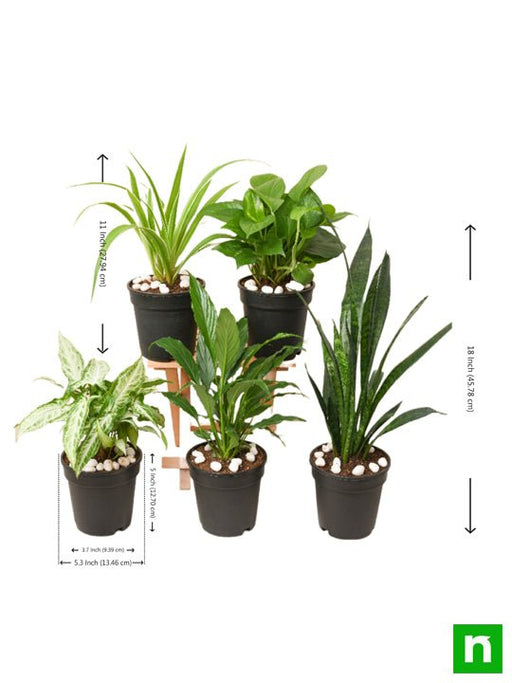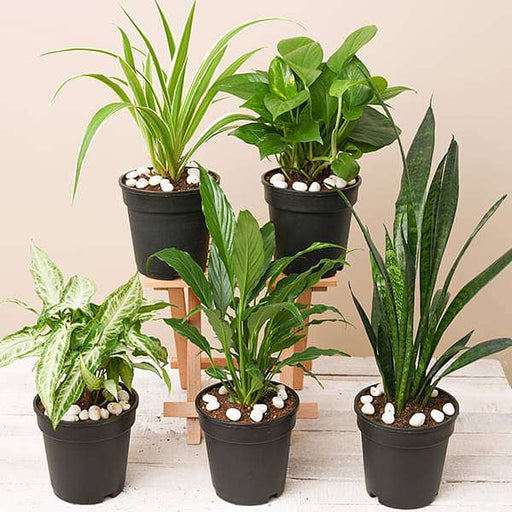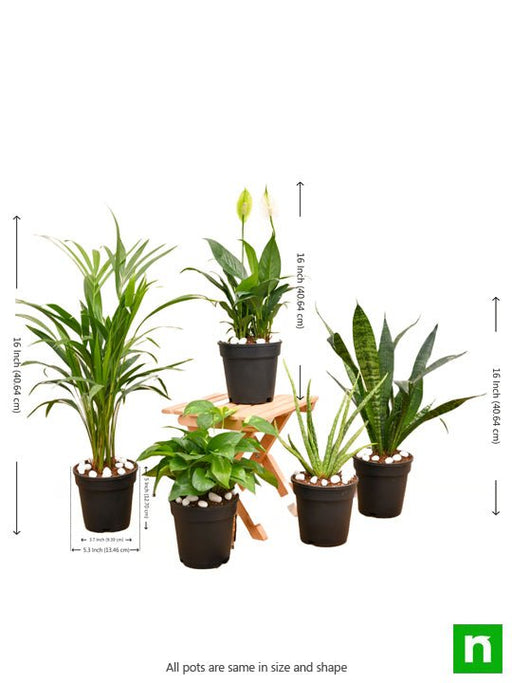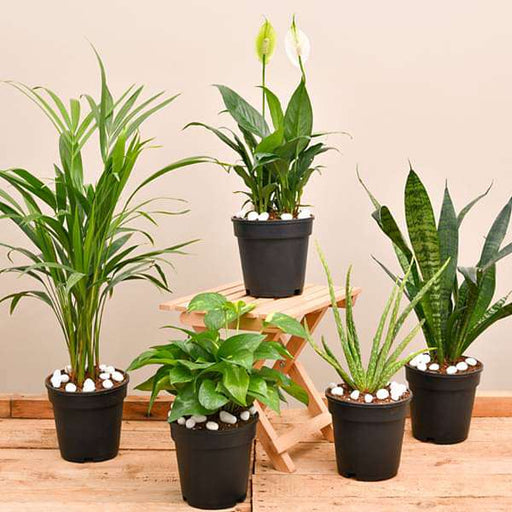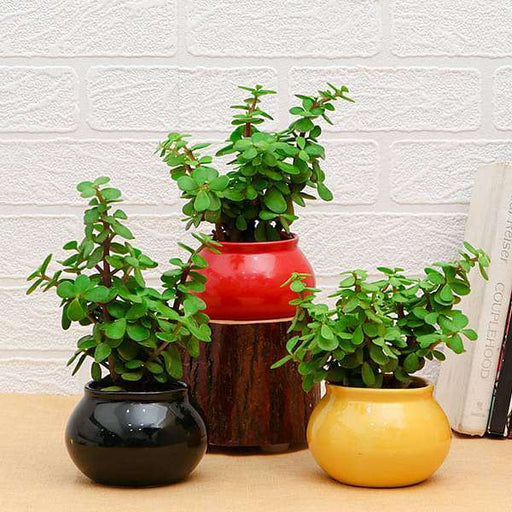Okra Varieties
When it comes to okra, variety is the spice of life! The Okra Pusa Sawni is just one of the many fabulous options available. From the classic green pods to the vibrant red varieties, each type brings its own unique flavor and texture to the table. Whether you're a fan of gumbo or simply love sautéing them with spices, exploring different okra varieties can elevate your culinary game. So, why settle for one when you can have a whole garden full of okra surprises?
Desi Vegetable Seeds
Ah, desi vegetable seeds, the unsung heroes of the kitchen! These little powerhouses are packed with flavor and nutrition, making them a must-have for any home gardener. The Okra Pusa Sawni is a prime example of how desi seeds can transform your garden into a vibrant oasis. With their rich heritage and adaptability, desi seeds not only support local agriculture but also bring a taste of tradition to your plate. So, plant them with pride and watch your garden flourish!
Growing Okra
Growing okra is like hosting a party where everyone is invited! This resilient plant thrives in warm weather and is relatively low-maintenance, making it perfect for both seasoned gardeners and newbies. With the Okra Pusa Sawni, you can expect a bountiful harvest that will have your friends and family begging for more. Just remember to give it plenty of sunlight and water, and soon you'll be the proud owner of a green thumb and a fridge full of delicious okra!
Okra Health Benefits
Who knew that this quirky vegetable could be a health superstar? Okra is not just a pretty face; it’s loaded with vitamins, minerals, and fiber. The Okra Pusa Sawni variety is particularly known for its health benefits, including aiding digestion and regulating blood sugar levels. So, the next time you enjoy a plate of okra, remember that you’re not just indulging in a tasty treat; you’re also giving your body a nutritious boost. Talk about a win-win!
Culinary Uses of Okra
Okra is the culinary chameleon of the vegetable world! From soups and stews to stir-fries and salads, the Okra Pusa Sawni can adapt to any dish you throw its way. Its unique texture and flavor make it a favorite in various cuisines, especially in Southern and Indian cooking. So, whether you’re whipping up a classic gumbo or experimenting with a new recipe, don’t underestimate the versatility of okra. It’s time to let this vegetable shine in your kitchen!
Okra Recipes
If you think okra is just for gumbo, think again! The Okra Pusa Sawni can be the star of countless recipes that will tantalize your taste buds. From crispy fried okra to spicy pickles, the possibilities are endless. You can even toss it in a salad for a crunchy twist or blend it into a smoothie for a nutrient-packed drink. So, roll up your sleeves and get creative in the kitchen; your taste buds will thank you for it!
Organic Okra Seeds
Going organic is not just a trend; it’s a lifestyle! Organic okra seeds, like the Okra Pusa Sawni, are the perfect choice for eco-conscious gardeners. These seeds are grown without synthetic pesticides or fertilizers, ensuring that your garden is as healthy as the food it produces. Plus, organic gardening promotes biodiversity and supports local ecosystems. So, if you want to cultivate a garden that’s good for you and the planet, organic okra seeds are the way to go!
Okra Plant Care
Caring for your okra plant is like nurturing a friendship; it requires attention and love! The Okra Pusa Sawni is relatively easy to care for, but it does have its quirks. Regular watering, ample sunlight, and occasional pruning will keep your plant happy and productive. And don’t forget to keep an eye out for pests; they can be as pesky as a bad date! With a little TLC, your okra plant will reward you with a bountiful harvest.
Okra Growing Conditions
If you want your Okra Pusa Sawni to thrive, you need to set the stage just right! This vegetable loves warm weather, so make sure to plant it in well-drained soil with plenty of sunlight. It’s like giving your okra a VIP pass to the garden party! The right growing conditions will not only ensure a healthy plant but also a delicious harvest. So, roll up your sleeves and create the perfect environment for your okra to shine!
Okra Harvesting Tips
Harvesting okra is like picking the perfect fruit; timing is everything! The Okra Pusa Sawni should be harvested when the pods are young and tender, usually around 3 to 4 inches long. If you wait too long, they can become tough and fibrous, ruining your culinary masterpiece. Use a sharp knife or scissors to snip the pods off the plant, and be sure to wear gloves; those little spines can be sneaky! With these tips, you’ll be a harvesting pro in no time.
Okra Storage
Once you’ve harvested your Okra Pusa Sawni, you’ll want to keep it fresh for as long as possible. Proper storage is key! Store your okra in a paper bag in the refrigerator to maintain its crispness. Avoid washing it until you’re ready to use it, as excess moisture can lead to spoilage. With the right storage techniques, you can enjoy the fruits of your labor for days to come. So, treat your okra like royalty and it will reward you with delicious meals!
